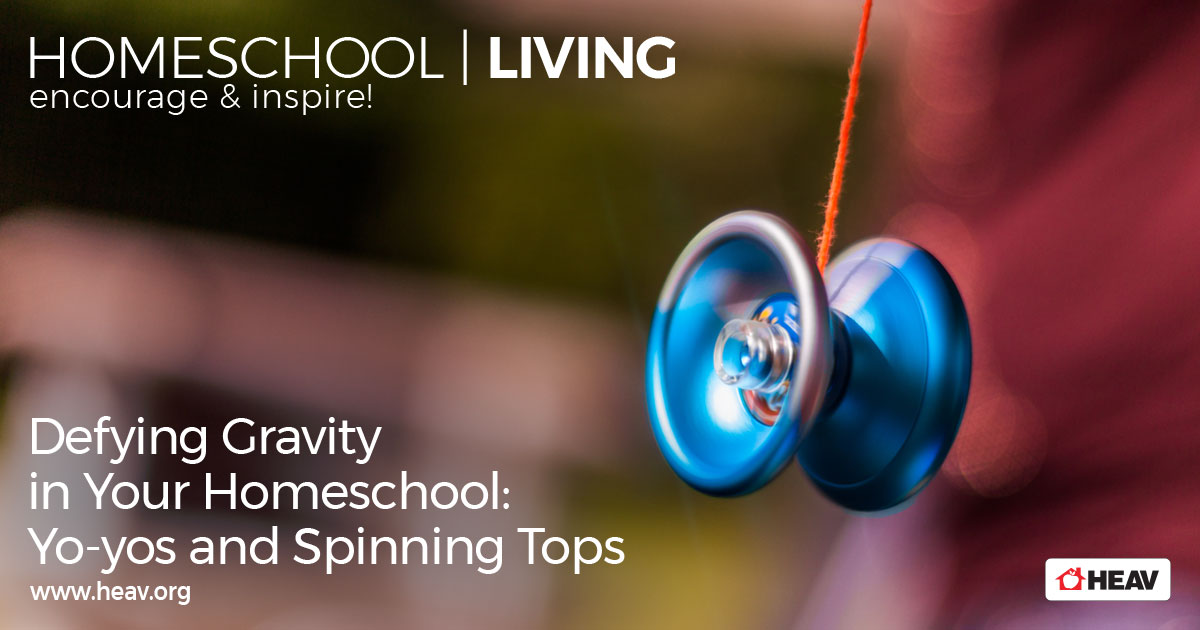Learning To Love What Might Be Destroyed
By Lynna Sutherland
You’ve heard the saying “learning to love what must be done,” right? The idea is that we find peace and joy in life not by chasing down what we imagine might bring us happiness, but by finding contentment right here in our daily callings.
One of my struggles with contentment this year has been learning to be thankful for this home and to appreciate the things we have, all while holding them loosely because, in a house with eight kids, the rate of destruction seems awfully high!
Sometimes Procedures Breed Discontent
This is the time of the year during which opportunities to turn over new leaves of all sorts abound. You can get organized. You can start a new habit. You can make all kinds of goals and plans.
Well and good.
But sometimes the overwhelming positivity of those well-meaning endeavors leads to disappointment, discontentment, and even frustration.
That new chore chart just didn’t make my children magically more diligent. My new organization system in the pantry didn’t automatically maintain itself with multiple family members adding and subtracting canned and boxed goods on a regular basis.
And (most to my chagrin) all my efforts to maintain our home and possessions faithfully—to be a good steward of our resources—have not prevented regular and discouraging destruction of property.
Moth, Rust, and Toddlers
Now don’t get me wrong. My kids don’t intentionally destroy things just for the fun of it. Well, not usually.
What usually happens is that children tend to have the dexterity, foresight, and agility of, well, children.
Twelve-year-old boys don’t realize that jumping down the stairs three at a time could result in a collision with the banister. Tween Boy: 1, Banister: 0.
Using the toe of your tennis shoe to break your downhill coast on a scooter seems like a great approach until you can see your sock right through the front of your shoe.
Even though the juice dripping from an apple is clear and not immediately evident on a carpet, it does a lovely job of collecting dirt from the bottom of shoes and feet and will soon be an all-too-obvious smudgy black spot.
The toddler just wants to help by returning the chairs to their proper location in the dining room, even if it does result in dings and dents to the table and surrounding drywall.
Jesus reminded us not to lay up for ourselves treasures on earth where moth and rust destroy. I get it. Stuff is temporary. But it’s especially hard when it’s your job to maintain the very stuff that the people you love so much seem intent on demolishing (accidentally).
No Lack of Oxen Here
My husband and a dear friend have both recently reminded me of the verse from Proverbs that says, “Where there are no oxen, the stalls are clean” (Proverbs 14:4 ABPE).
I can just picture the stable boy in a well-stocked oxen stable. I bet someone even leaned over the half-door while he was shoveling and said “Boy, you sure have your hands full, don’t you.” The commenter probably laughed, and the stable boy probably rolled his eyes.
At eight in the morning, we watch a parade of cars and school busses significantly empty our neighborhood. And then it refills from about 3-6 p.m. each weekday evening.
Not my house. My house is definitely lived in. All day.
My carpets are walked on, sat on, read on, and played on all day. Three meals and lots of semi-random snacks happen in our kitchen and dining room. The bathrooms… well, you get the picture.
The mess can drive a gal crazy. But the mess is also a sign of life—a rich, abundant, full life. A life we chose. A life we wouldn’t give up for anything.
Lynna Sutherland blogs at Homeschooling Without Training Wheels, where she loves to remind moms (and herself!) of the freedom and flexibility that come with homeschooling! Lynna and her husband have seven children. The motto of their homeschool is “Wisdom Is the Principal Thing” from Proverbs 4:7. You can also find Lynna on Instagram, Facebook and Pinterest.
Lynna hosts a private Facebook group called Family Schooling without Training Wheels specifically for encouraging parents in multi-age homeschooling and outside-the-box approaches to meet the needs of their unique family.









